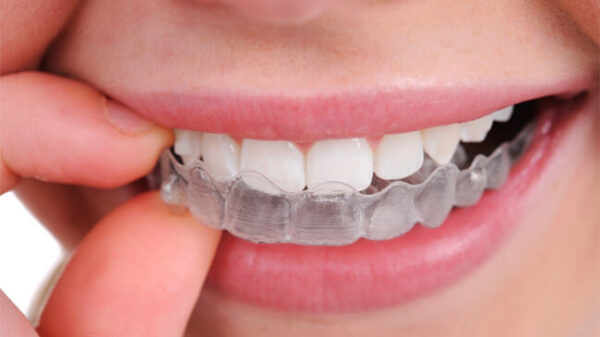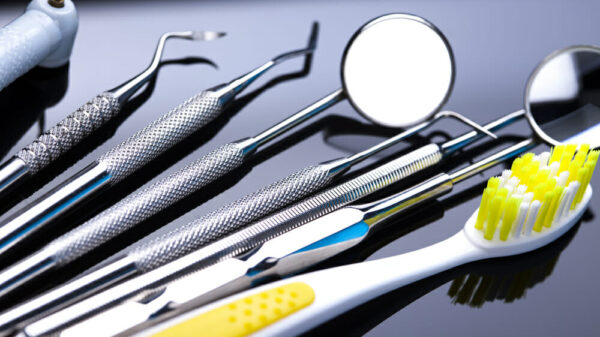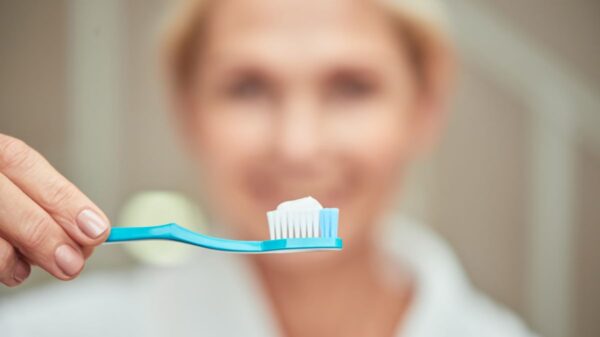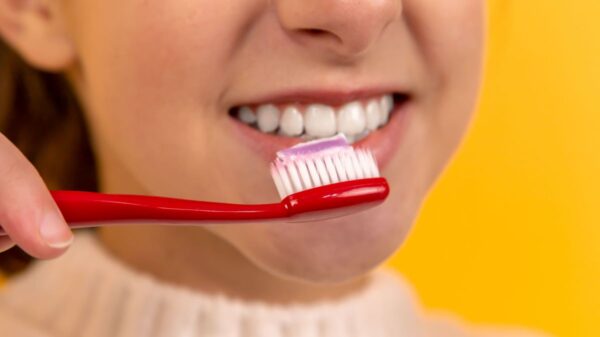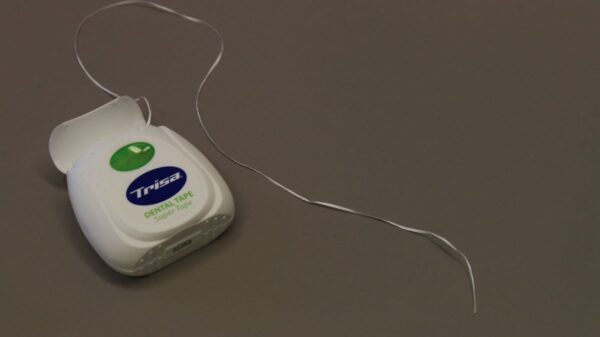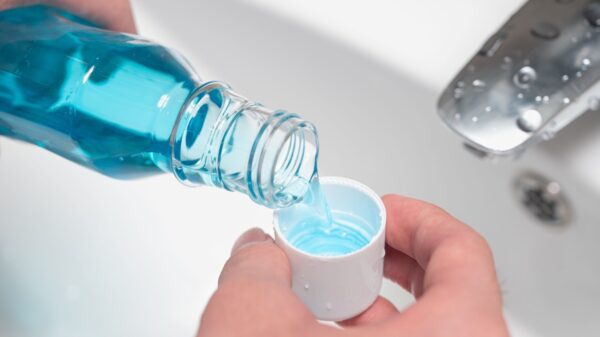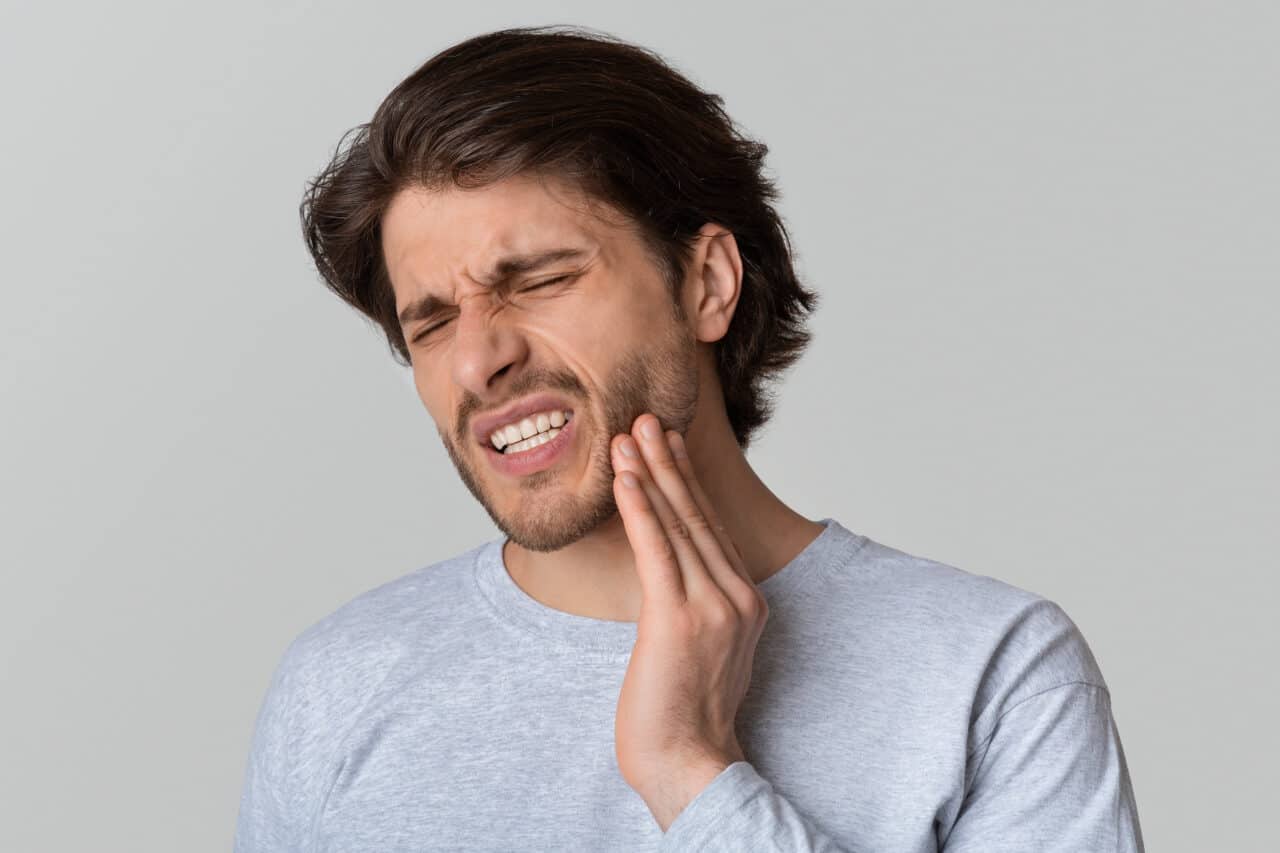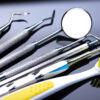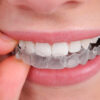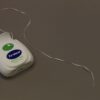Why Your Teeth Are Now Sensitive
Teeth sensitivity can be a real pain-literally! If you have recently noticed that your teeth are more sensitive than usual, you may be wondering what is causing this problem. Teeth are not always the easiest things to care for and when problems arise, it usually means there’s an issue under the surface. One of the more common problems people face is teeth sensitivity. From personal experience, I know how painful and frustrating tooth sensitivity can be!
So why have your teeth suddenly gone sensitive? There are a few different reasons why your teeth might be feeling more sensitive than normal. One possibility is that you are suffering from gum disease. Gum disease is an infection of the gums that can cause them to become inflamed and tender. If you have gum disease, it is important to see your dentist right away so that they can treat the infection and help relieve your symptoms.
Another possibility is that you have a cavity. Cavities are small holes in the teeth that can be caused by decay. If you have a cavity, you may notice that your tooth feels sensitive to hot or cold beverages or when you bite down. If you think you might have a cavity, it is important to see your dentist so that they can treat the problem before it gets worse.
In this blog post, we will further discuss some of the most common causes of tooth sensitivity and what you can do to get relief from this annoying condition! We will also talk about how to prevent sensitivity in the first place and what foods/drinks to avoid.

What Tooth Sensitivity Means
When we say tooth sensitivity, what does that mean? Sensitivity can mean different things to different people. For some, it might mean that their teeth are extra sensitive to cold drinks or foods. For others, it might mean that they experience pain when they brush their teeth or when they eat something acidic.
No matter what type of sensitivity you are experiencing, there is one common denominator-a sharp, sudden pain that comes and goes. This type of pain is usually caused by something irritating the nerve endings in your teeth.
Causes of Tooth Sensitivity
There are a few different things that can cause your teeth to become sensitive. We will discuss some of the most common causes below:
- Gum disease: As we mentioned before, gum disease is one of the most common causes of tooth sensitivity. If you have gum disease, it is important to see your dentist right away so they can treat the infection and help relieve your symptoms.
- Cavities: Cavities are another common cause of tooth sensitivity. When you have a cavity, your tooth becomes more sensitive to hot and cold beverages or when you bite down. If you think you might have a cavity, it is important to see your dentist so they can treat the problem before it gets worse.
- Worn enamel: Enamel is the hard outer layer of your teeth that protects them from damage. When this layer starts to wear down, it can leave your teeth feeling sensitive. Wearing down the enamel can be caused by acidic foods and drinks, brushing too hard, or grinding your teeth.
- Exposed roots: When the roots of your teeth become exposed, they are more likely to become irritated and sensitive. This can be caused by gum disease, receding gums, or wear and tear.
Treatment Options For Tooth Sensitivity
If you are experiencing tooth sensitivity, there are a few different things you can do to get relief. We’ll go through some of the most popular treatment alternatives below:
- Use sensitive toothpaste: There are many different types of sensitive toothpaste on the market. These kinds of toothpaste are designed to help relieve the pain and irritation caused by sensitivity. They usually contain a compound called potassium nitrate, which helps block the nerve endings in your teeth from being irritated.
- Try a desensitizing mouthwash: These mouthwashes work by forming a barrier over the exposed nerve endings in your teeth. This helps to protect them from being irritated by hot, cold, or acidic substances.
- See your dentist: If you are experiencing severe sensitivity, it is best to see your dentist. They can help determine the cause of your sensitivity and recommend the best course of treatment. In some cases, they may also recommend a fluoride treatment, which can help to strengthen your tooth enamel and reduce sensitivity.

Food And Drinks To Avoid In Preventing Tooth Sensitivity
There are a few different things you can do to prevent tooth sensitivity. One of the main things in our control is our diet. So much of your dental health relies on a good diet. When it comes to preventing tooth sensitivity, there are a few things you should avoid:
-Acidic foods and drinks: Foods and beverages that are high in acid can wear down your tooth enamel and lead to sensitivity. Some examples of acidic foods and drinks include citrus fruits, tomatoes, sports drinks, and soda.
-Sugary foods and drinks: When you eat or drink something high in sugar, it can cause cavities and make your teeth more sensitive. Some examples of sugary foods and drinks include candy, cake, ice cream, and soda.
-Sticky foods: Sticky foods like raisins, gummy bears, and caramels can get stuck in between your teeth and cause cavities.
When To Worry About Tooth Sensitivity
In most cases, tooth sensitivity is nothing to worry about and can be easily treated at home. However, there are a few times when you should see your dentist:
-If your tooth sensitivity is severe and lasts for more than a few days
-If you experience pain or discomfort when you eat or drink
-If you have any other symptoms, like bleeding gums or a bad taste in your mouth
-If you notice that your teeth are starting to get worse over time
Again, any time your teeth or mouth is in pain- it’s your body trying to tell you something is wrong. So if you’re experiencing tooth sensitivity, it’s not a reason to panic but you should pay attention to when it happens and how often. Consider keeping a small notebook to write down when it happens and what you were doing. With this information, you and your dentist can help determine the best course of treatment for you.
Preventing Tooth Sensitivity
Of course, all of this is to say that prevention is key! There are plenty of people who rarely if ever experience teeth sensitivity so it’s something you can avoid as well. Here are a few more of our best tips for avoiding teeth sensitivity:
- Use a soft-bristled toothbrush: When brushing your teeth, be sure to use a soft-bristled toothbrush. This will help to avoid irritating your gums and causing them to recede.
- Avoid acidic foods and drinks: Acidic foods and drinks can wear down your tooth enamel, causing sensitivity. Try to avoid eating or drinking things like citrus fruits, carbonated beverages, and sports drinks.
- Brush gently: When brushing your teeth, be sure to brush lightly and use circular motions. This will help to clean your teeth without damaging your enamel.
- Use fluoride toothpaste: Fluoride helps to strengthen your tooth enamel and protect it from damage. Be sure to use fluoride toothpaste when brushing your teeth.
- Have regular dentist check-ups and cleanings to catch problems early!
If you follow these tips, you should be able to avoid tooth sensitivity altogether. Again, if the pain is persistent and daily then it’s best to see your dentist right away. We hope this article was helpful to you, thank you for reading, and cheers to healthy teeth!

Related Questions
Who is more susceptible to teeth sensitivity? There are a few groups of people who are more susceptible to teeth sensitivity. These include people with gum disease, those who have had recent dental work done, people with an exposed root, and those who have worn down enamel.
Can tooth sensitivity be a sign of something more serious? In most cases, tooth sensitivity is not a sign of something more serious. However, if the pain is severe and constant, it’s best to see your dentist to rule out any other potential problems. If you’re in pain you can ask if your dentist offers a same-day emergency dental visit.
Does teeth sensitivity go away on its own? In most cases, teeth sensitivity will go away on its own. Try some of the above remedies and possibly make some diet changes and see if that helps. If not, it may be time to visit your dentist.
Do over-the-counter medications relieve teeth sensitivity? There are a few over-the-counter medications that can help relieve teeth sensitivity. These include sensitive toothpaste and desensitizing mouthwashes. However, if the pain is persistent, it’s best to see your dentist for treatment.
What else causes tooth discomfort? There are a few other things that can cause tooth discomfort. These include gum disease, cavities, and cracked teeth. If you’re experiencing pain, it’s best to see your dentist to rule out any potential problems.




